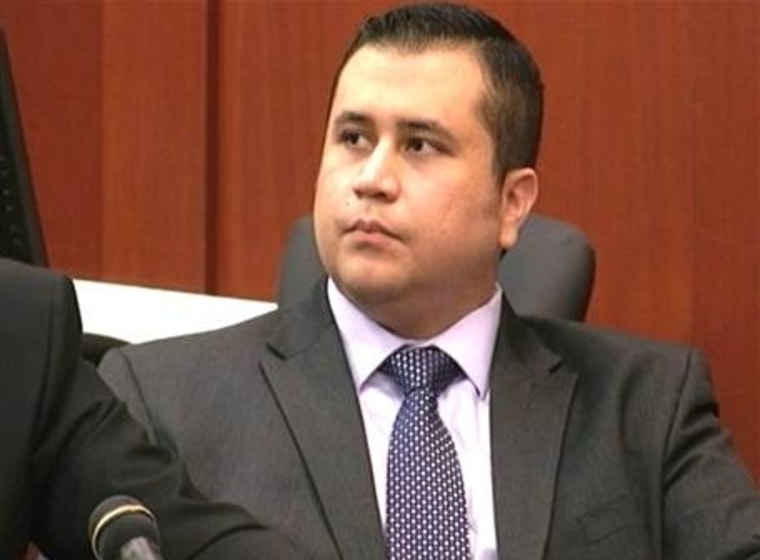George Zimmerman, the man on trial for fatally shooting Trayvon Martin last year, received high marks in a criminal litigation course that touched on Florida state law regarding when it’s appropriate to use self-defense and the so- called “Stand Your Ground” statute.
Zimmerman is charged with second-degree murder in Martin’s death, and has pleaded not guilty, asserting he shot the unarmed teen in self-defense when the two encountered each other on Feb. 26, 2012, in a gated community in Sanford, Fla. On Wednesday, a former professor of Zimmerman’s who gave Zimmerman an “A” in criminal litigation and said Zimmerman was “one of the better students in the class” testified in his trial that his 2010 course addressed criminal law and procedure, as well as self-defense.
The defense chose not to ask for immunity under Florida’s Stand Your Ground law in a pre-trial hearing. However if Zimmerman is acquitted, the defense could ask the judge to decide whether he deserves the immunity which would protect him from a civil lawsuit.
Zimmerman took the course, along with classes in criminal justice and investigation, at Seminole State College, a public college in Sanford where he was pursuing a bachelor’s degree. He was expected to graduate in the spring of 2012, a registrar told the court Wednesday morning.
Defense attorney Don West asked Carter about what specifically he taught his students.
“So when you taught the class, what is the core concept of self-defense when you can use deadly force?” West asked.
“When you have a reasonable apprehension of death or grievous bodily harm. And the term ‘reasonable’ obviously has two components. So there’s a subjective component, meaning that I feel like I’m in fear. In my mind, I feel like I’m in fear of death or grievous bodily harm. But when stuff hits the fan, you’re judged by jurors. And your actions have to meet a reasonable standard, objectively. So whether or not a reasonable person in your position would have felt the way you felt,” Carter said.
He gave as an example to West, “If you approached me right now in broad daylight, whatever the case is, I probably wouldn’t have that much fear. But, you know, the lights are out, I don’t know what’s happening, I feel someone grab me, those are circumstances you need to consider in whether or not someone had a reasonable apprehension of fear.”
The testimony was important to prosecutors because Zimmerman had said during an interview with Sean Hannity of Fox News last summer that he was not familiar with the Stand Your Ground law prior to the shooting. Jurors were shown that interview on Tuesday afternoon.
Carter, an Army lawyer and law professor, said that he taught his students that the Stand Your Ground law evolved out of more conventional self-defense principle – the so-called "Castle Doctrine" — that guarantees a right for a citizen to defend him or herself inside the home.
“You don’t have to wait until you’re almost dead before you can defend yourself?” West asked Carter.
“No, I would advise you probably don’t do that, yeah,” Carter replied, which prompted light laughter from the courtroom, including from Zimmerman.
Later in the day, jurors received a detailed presentation on the mechanics of a handgun and saw a demonstration of what loading a gun would look like from a firearms expert who used Zimmerman’s gun as a prop. The witness, Florida forensic technologist Amy Siewert, later pulled the trigger on the gun and told the court the muzzle of the gun was touching Martin's sweatshirt at the time the trigger was pulled.
George Zimmerman has sued NBC Universal for defamation. The company strongly denies the allegation.
This story was originally published on NBCNews.com.
